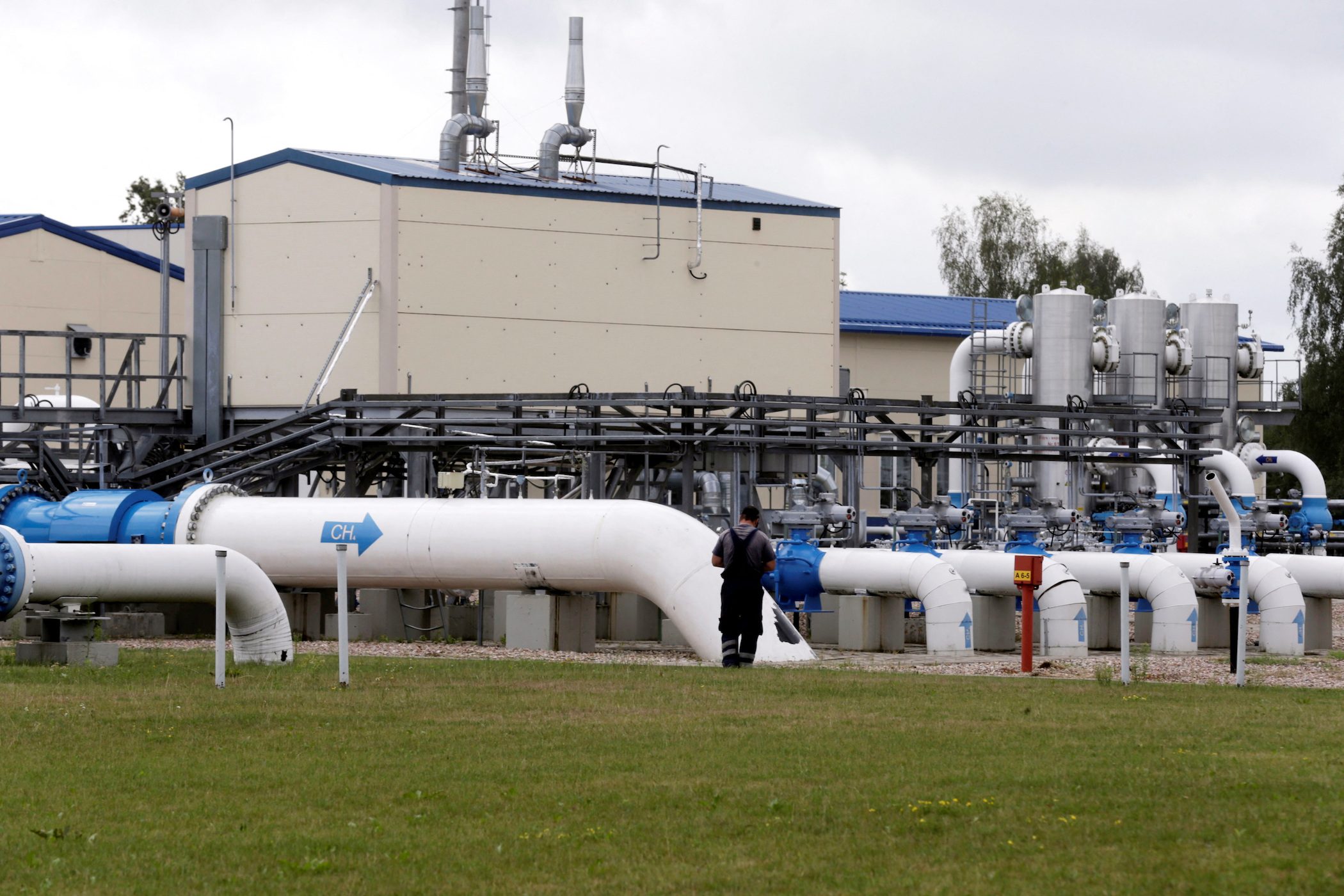SUMMARY
This is AI generated summarization, which may have errors. For context, always refer to the full article.

BRUSSELS, Belgium – European countries’ bill to shield households and companies from soaring energy costs has climbed to nearly 800 billion euros, researchers said on Monday, February 13, urging countries to be more targeted in their spending to tackle the energy crisis.
European Union countries have now earmarked or allocated 681 billion euros in energy crisis spending, while Britain allocated 103 billion euros and Norway 8.1 billion euros since September 2021, according to the analysis by think tank Bruegel.
The 792-billion-euro total compares with 706 billion euros in Bruegel’s last assessment in November, as countries continue through winter to face the fallout from Russia cutting off most of its gas deliveries to Europe in 2022.
Germany topped the spending chart, allocating nearly 270 billion euros – a sum that eclipsed all other countries. Britain, Italy, and France were the next highest, although each spent less than 150 billion euros. Most EU states spent a fraction of that.
On a per capita basis, Luxembourg, Denmark, and Germany were the biggest spenders.
The spending earmarked by the countries on the energy crisis is now in the same league as the EU’s 750-billion-euro COVID-19 recovery fund. Agreed in 2020, that saw Brussels take on joint debt and pass it onto the bloc’s 27 member states to cope with the pandemic.
The energy spending update comes as countries debate EU proposals to loosen state aid rules further for green technology projects, as Europe seeks to compete with subsidies in the United States and China.
Those plans have raised concerns in some EU capitals that encouraging more state aid would unsettle the bloc’s internal market. Germany has faced criticism over its mammoth energy aid package, which far outstrips what other EU nations can afford.
Bruegel said governments had focused most of the support on non-targeted measures to curb the retail price consumers pay for energy, such as value-added tax cuts on gasoline or retail power price caps.
The think tank said that dynamic needed to change, as states are running out of fiscal space to maintain such broad funding.
“Instead of price-suppressing measures that are de facto fossil fuels subsidies, governments should now foster more income-support policies targeted towards the lowest two quintiles of the income distribution and towards strategic sectors of the economy,” research analyst Giovanni Sgaravatti said. – Rappler.com
Add a comment
How does this make you feel?





There are no comments yet. Add your comment to start the conversation.